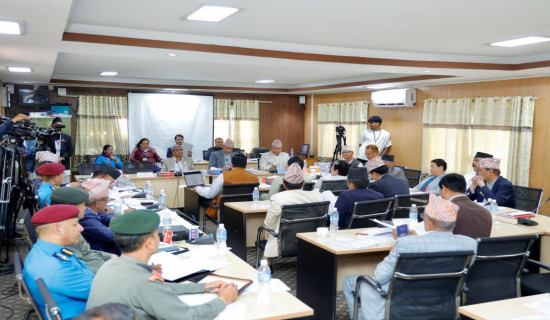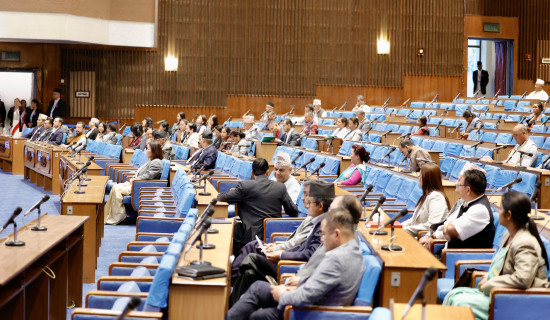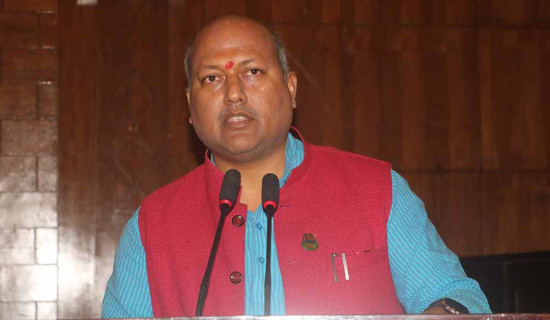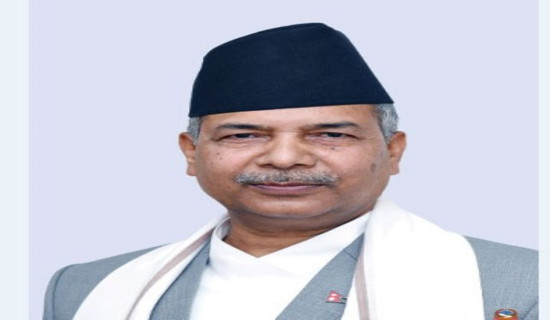- Monday, 30 June 2025
Nepal recognises constitutional guarantees to citizens' right to food: Minister Dr Rana
By TRN Online, Kathmandu, June 29: Minister for Foreign Affairs Dr Arzu Rana Deuba has reiterated Nepal's commitment to ensuring its citizens' right to food, highlighting constitutional provisions guaranteeing this fundamental right.
She was addressing the session on 'nutrition and development in vulnerable states' during the Ministerial Special Session of Forty-Fourth Session of Food and Agriculture Organisation themed 'From Vulnerability to Resilience-Strengthening Food Security and Better Life in Small Island Developing States, Least Developed Countries and Landlocked Developing Countries' held in Rome, today.
"Nepal has recognised the right to food as a fundamental right and the laws on the right to food and food sovereignty have provided a legal basis for its implementation. In addition, the implementation of the Food Systems Transformation Strategic Plan 2022-2030 also provides further support for ensuring the right to food."
Dr Rana highlighted Nepal's recent legislative developments, including Nepal's Food Safety and Quality Act (2024) and the Food Safety and Quality Control Policy, which aim to ensure safe and quality food through regulatory standards, lab surveillance, and consumer protection.
“A separate consumer court has been established to protect the rights of consumers, which is maintaining trust in the local food system and supporting the health of citizens and healthy food as their natural right.”
She informed that Nepal has made significant progress in the field of child health and nutrition over the past two decades.
She reported that child stunting has declined from 57% to 25% while underweight has gone down from 42% to 24% and child wasting from 15% to 8%. "Our Global Hunger Index (GHI) score has dropped from 37 in 2000 to 22.4 in 2024," she said, adding, "These advancements are not just statistics but a reflection of strong political commitment, community engagement and activism, and cross-sectoral coordination."
She noted that programmes like vitamin ‘A’ supplementation, and the Golden 1000 Days Programme have reached millions of children across the country, significantly contributing to the reduction of child mortality rate and undernutrition.
She highlighted that awareness and behavior change campaigns are being scaled up through schools, media, and health services to promote healthy eating habits. Additionally, school curriculum-based nutrition education is helping shift food preferences toward fresh, local produce.
For better harnessing potential opportunities, she called for a need to adequately develop access to AI, digital agriculture platforms, and modern science and technology in the agriculture and nutrition fields.
She also identified climate change as a serious threat to Nepal's agricultural production and livelihoods, citing challenges such as melting glaciers, irregular rainfall, extreme weather events, and climate-related disasters.
She underscored the need for the increased international cooperation, access to financial resources, technology transfer, and knowledge sharing to include citizens in the common journey of nutrition and prosperity. She emphasised the important role of international organisations like FAO and UNICEF in this effort.
Stating that Nepal is consistently pursuing generation of greater consumer demand for healthy diets, she pointed to national strategies such as the National Nutrition Policy (2020), Food-Based Dietary Guidelines and Multi-Sector Nutrition Plan II, which bring food-based interventions into health, education and agriculture.
However, Dr Rana highlighted the growing challenges like the migration of youth, which is depleting rural workforce, and human-wildlife conflict especially in the hilly and mountainous regions, posing a serious threat to livelihoods and food security.
“We need to protect and promote our rich agro-biodiversity, traditional knowledge and high-altitude crops. For this, we need targeted investment, technical assistance, modernisation of agricultural systems and access to advanced technologies such as AI," she said.

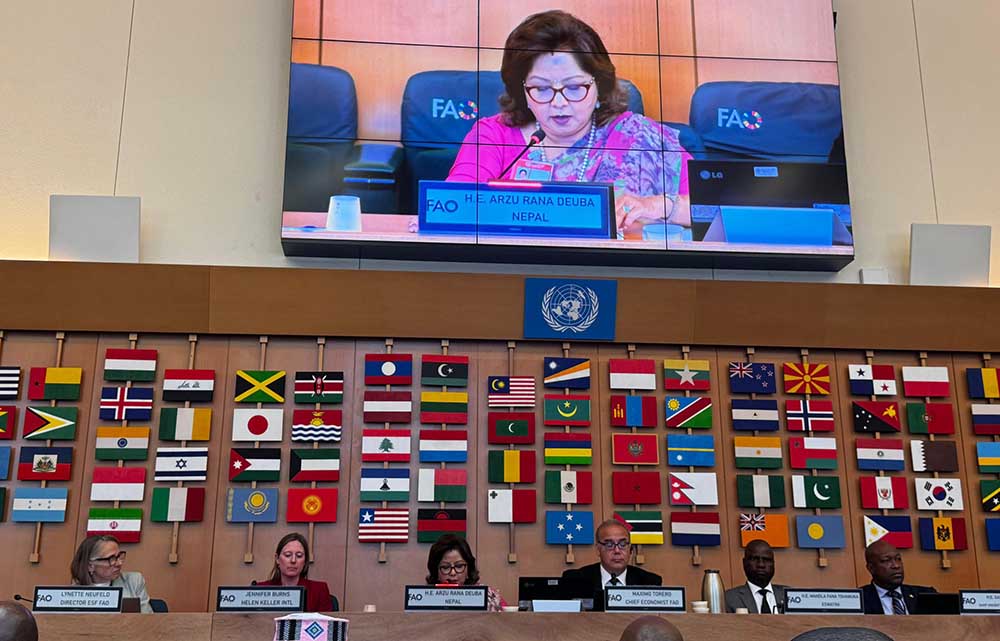

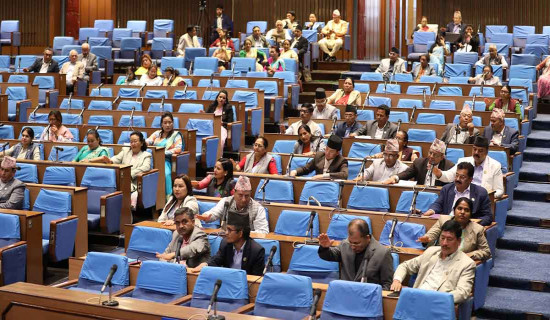
-square-thumb.jpg)

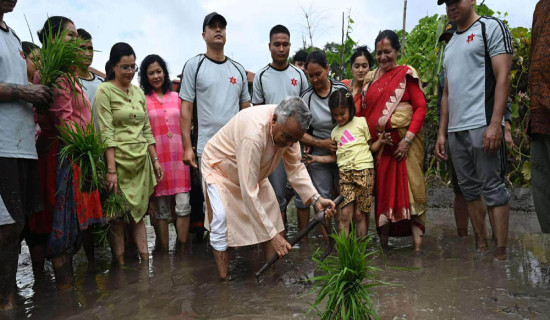
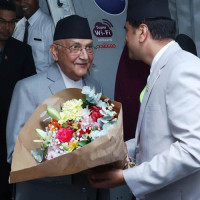

-original-thumb.jpg)

